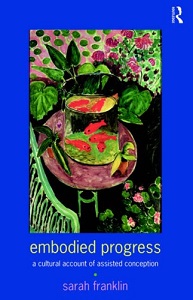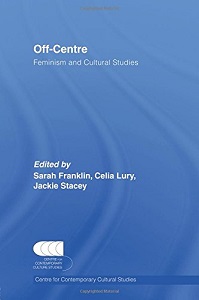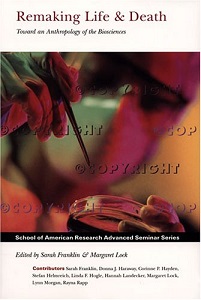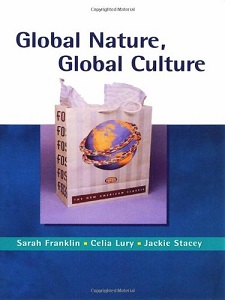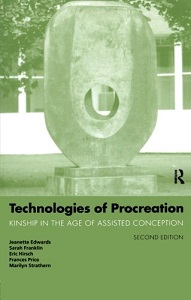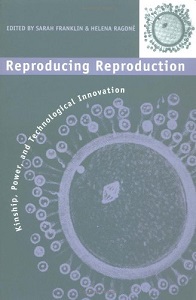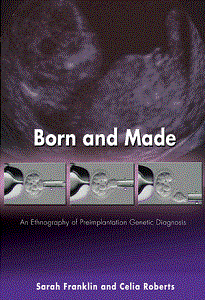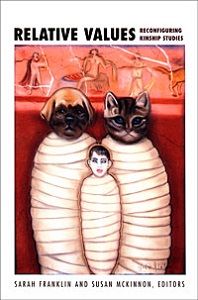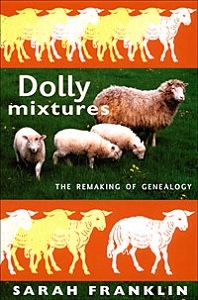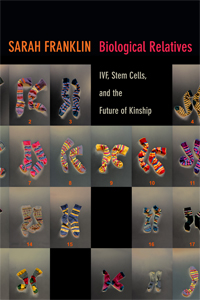The essays in Relative Values draw on new work in science studies, gender theory, critical race studies, postmodernism, and anthropology to offer a radical revisioning of kinship and kinship theory. The contributors – a group of eminent and internationally-recognised scholars -chart a new future for kinship studies, addressing topics that range from the commodification of kinship through trans-national adoption to the virtual kinship of artificial life. Ideas about kinship are vital not only to understanding, but to forming, many of the practices and innovations of contemporary society. Through a combination of vivid case studies and trenchant theoretical essays, scholars examine both the history of kinship theory and its future, at once raising questions that occupy a central place within the discipline of anthropology and moving beyond them. Has kinship become more structureless, commodified, and flexible in the global era? Do such representations overlook the “diffuse, enduring ties” that kinship has long signified? What has been the effect of contemporary bio-politics on kinship practices and theories? The contributors assess the implications for kinship of such phenomena as blood transfusions, adoption across national borders, and the new reproductive technologies while ranging from rural China to mid-century Africa to contemporary Norway and the United States. Posing these and other timely questions, Relative Values injects an important interdisciplinary curiosity into one of anthropology’s most important disciplinary traditions. Contributors. Mary Bouquet, Janet Carsten, Charis Thompson Cussins, Carol Delaney, Gillian Feeley-Harnik, Sarah Franklin, Deborah Heath, Stefan Helmreich, Signe Howell, Jonathan Marks, Susan McKinnon, Michael G. Peletz, Rayna Rapp, Martine Segalen, Pauline Turner Strong, Melbourne Tapper, Karen-Sue Taussig, Kath Weston, and Yunxiang Yan.
Google Books » http://books.google.co.uk/books?id=FhWo46l220gC
Publisher site » https://www.dukeupress.edu/Relative-Values/
